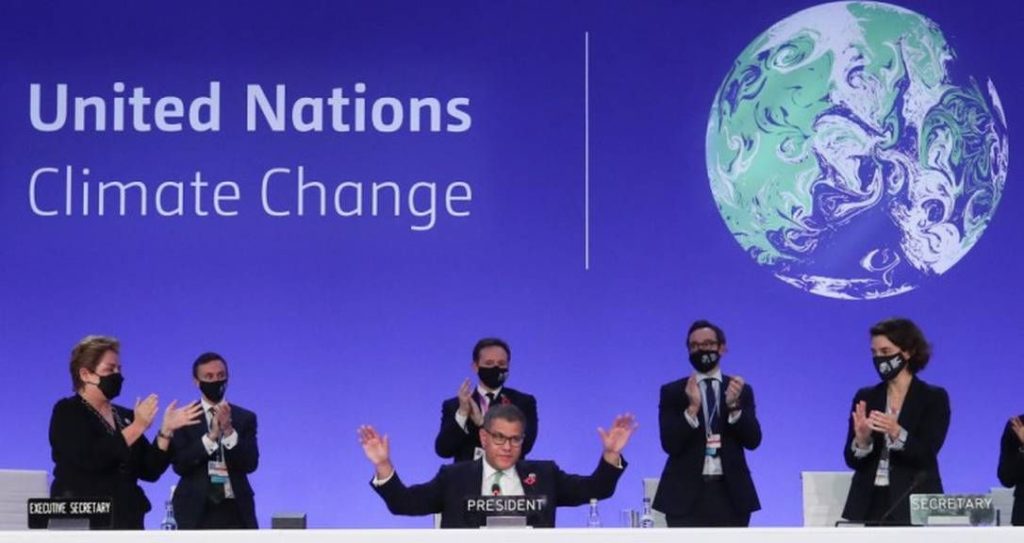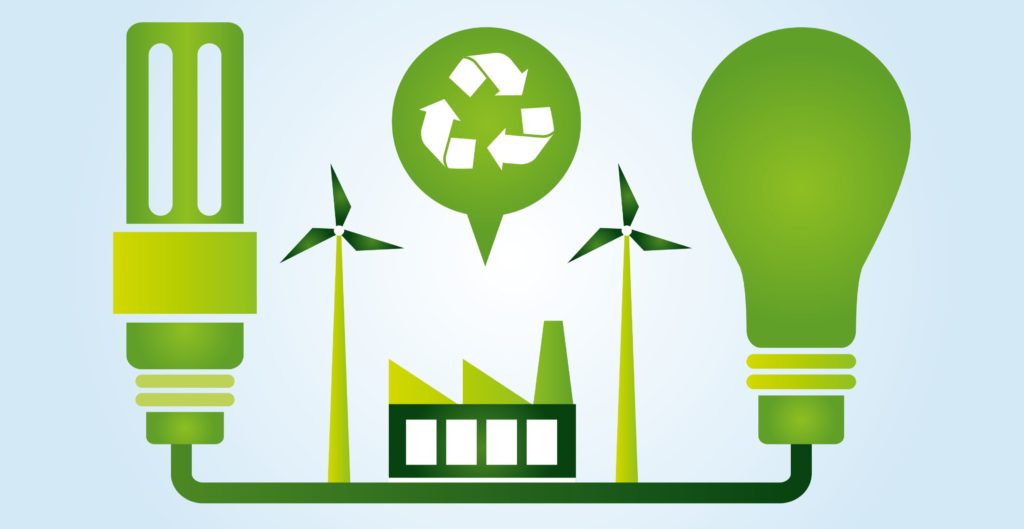

“Fragile victory.” That was the overall assessment made by Alok Sharma, President of the Climate Conference in Glasgow. Countries’ current emission commitments will still result in global warming of more than 2.4 degrees Celsius, well above the scientifically agreed upon safe limit of 1.5 degrees Celsius. The negotiations, which disappointed environmentalists, are summarized in this report.
Post COP26 Projections
Now that COP26 is over, pressure is growing on companies to act:
- Emission reduction targets and initiatives are virtually mandatory
- Implement adaptive and not solely mitigation measures
- Insert circular, regenerative, and inclusive strategies into business models
Private Sector Actions

Corporate leadership was evident at COP26. One-third of the largest public companies in G-20 countries set zero carbon emission targets, according to Net Zero Tracker. The tourism and fashion sectors formalized public commitments to reduce emissions by 50% by 2030.
Large multinational corporations such the fast casual restaurant Chipotle and Mexico-based Bimbo, the world’s largest baked goods company, committed to significant carbon emissions cuts. The former agreed to reduce emissions by half across its value chain by 2030 while the latter stated that it will achieve net zero value chain emissions by 2050.
The primary criticism leveled at businesses that participated in COP26 was that the 2050 deadline for their targets does not encourage short-term behavioral changes. Companies’ current emissions plans put the planet on the path to a 3-degree Celsius increase (MSCI Report). In response, executives point out that governments offer few guidelines to align companies’ goals with the 1.5 degrees Celsius temperature increase limit (Accenture Survey and UN Global Compact).
Sustainable Finance

The standards that will govern the nascent global carbon credit market have been set. Countries will be able to buy credits from each other to meet their targets.
The voluntary carbon market traded a record $1 billion in November, reflecting growing corporate demand to meet decarbonization targets. According to a McKinsey and Co. report, the global carbon market could grow exponentially in the coming years, totaling $50 billion by 2030.
Latin America and the Caribbean—the world’s second largest provider of voluntary credits—is also advancing its regulatory regimes according to a Green Finance analysis.
Recapping COP26
Advances
- Paris Agreement rules can move toward implementation;
- Global carbon market standardization;
- Private sector involvement;
- Joint statement by China and the U.S. underscoring the importance of collaboration in the fight against global warming;
- Civil society engagement, especially by young people, in the streets and official processes.

Critiques
- Lack of short-term targets and no concerted attempt to avoid a temperature increase above 1.5 degrees Celsius;
- Lack of targets eliminating or reducing coal and fossil fuel use;
- Extending the developed country deadline for contributions to developing countries’ environmental protection;
- Lack of financial support for non-polluting countries suffering the impacts of climate change.
Commitments
One hundred countries agreed to cut methane emissions by 30% and 30 countries promised to reduce deforestation by 2030. Brazil committed to halving emissions by 2030, becoming carbon neutral by 2050, and eliminating illegal deforestation by 2028. Both Mexico and Argentina committed to cutting methane emission by 30% by 2030, while Perú committed to a 20% cut. Meanwhile, Colombia stated that it will reduce its total 2030 greenhouse gas emissions by 51% compared to 2014.
To understand the full extent of these commitments, the United Nations released the 2021 Emissions Gap report, which measures and compares government’s planned coal, oil, and natural gas production and the levels needed to limit warming to 1.5°C.
Deep Dive
To learn more about what businesses can do to keep global warming under 1.5 degrees Celsius, feel free to explore the following resources:
- PwC published an analysis of how the public and private sectors can collaborate to accelerate us toward net zero emissions.
- The IFC and World Bank recorded a panel on how cities can leverage private initiatives and innovation to reduce greenhouse gasses.
- McKinsey and Co. delved into how businesses can integrate COP26’s push for net zero targets into their strategic planning.
Let’s talk!
Brian Burlingame, CEO
+1 (305) 860-1000
www.jeffreygroup.com
socialimpact@jeffreygroup.com

